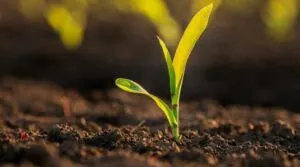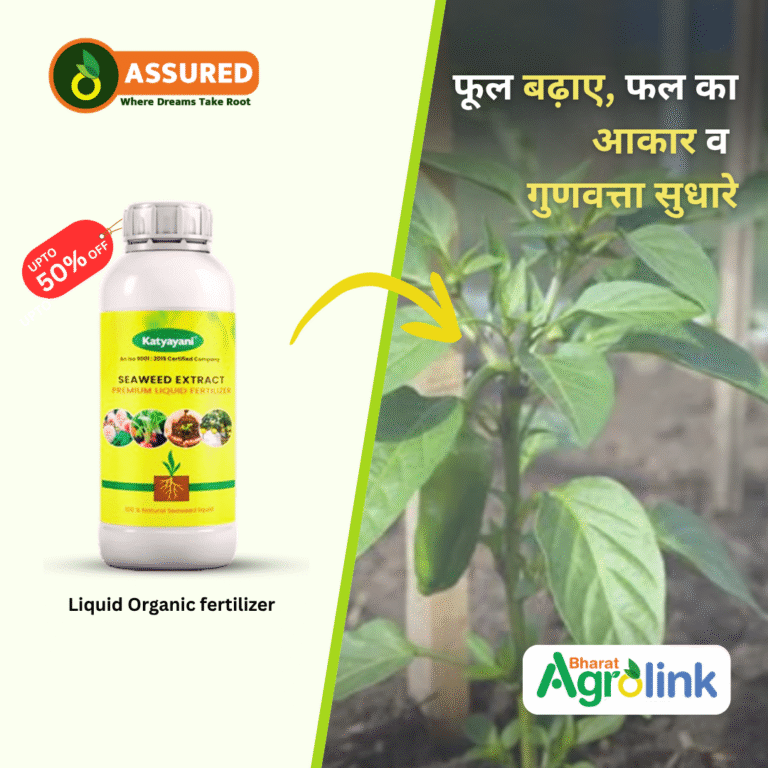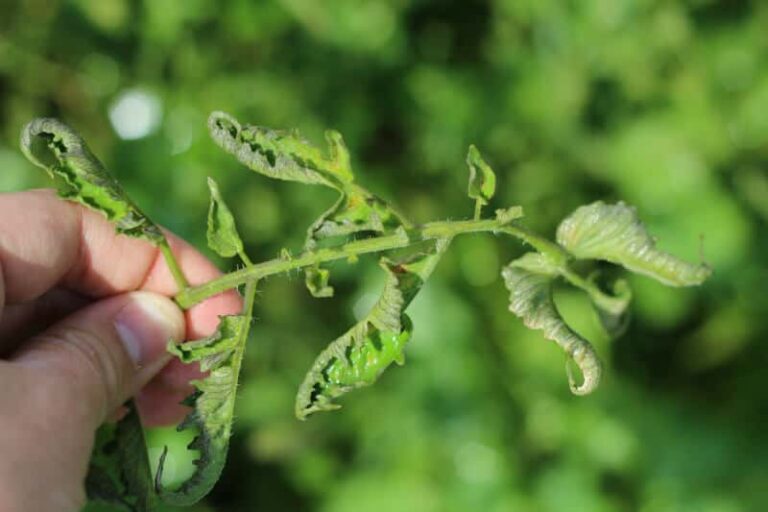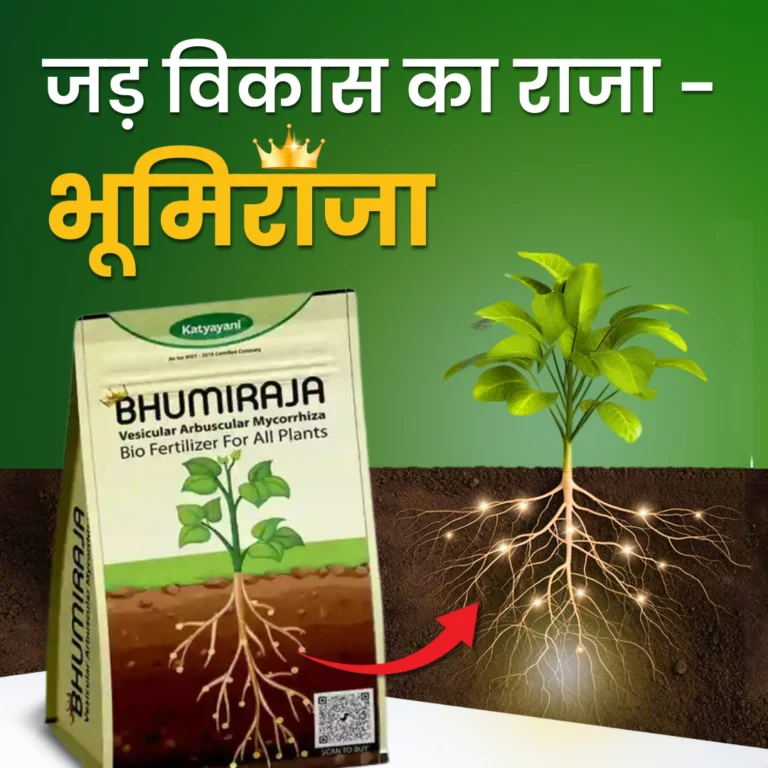
Introduction
Gardening is a rewarding hobby, but plant pests can quickly become a nuisance. Instead of using chemical pesticides, you can try simple, natural remedies to keep your plants healthy and bug-free. These homemade solutions are safe, effective, and environmentally friendly.
Common Plant Pests and Their Effects
Here are some common plant pests you might encounter:
- Aphids: Small insects that suck the sap from plants, causing leaves to curl and growth to slow.
- Spider Mites: Tiny pests that create webs on plants and turn leaves yellow.
- Whiteflies: Small white insects that weaken plants by feeding on their sap.
- Caterpillars: Larvae that eat leaves, sometimes leaving plants bare.
- Mealybugs: White, cotton-like insects that feed on plant juices, weakening the plant.
Natural Remedies for Plant Bugs
Here are some easy homemade solutions to help control pests naturally:
1. Neem Oil Spray
What You Need:
- 2 teaspoons of neem oil
- 1 teaspoon of mild liquid soap
- 1 liter of water
How to Use: Mix neem oil, soap, and water in a spray bottle. Spray on the affected plants weekly until the pests are gone. Neem oil disrupts pest growth and feeding.
2. Garlic and Pepper Spray
What You Need:
- 1 bulb of garlic
- 2 hot peppers
- 1 tablespoon of liquid soap
- 1 liter of water
How to Use: Blend garlic and peppers with water, strain the mixture, and add soap. Spray on plants to keep pests like aphids and caterpillars away.
3. Soap and Water Spray
What You Need:
- 1 tablespoon of dish soap
- 1 liter of water
How to Use: Mix soap and water, then spray on plants, especially under the leaves. This kills pests like aphids and spider mites by suffocating them.
4. Baking Soda Spray
What You Need:
- 1 tablespoon of baking soda
- 1 tablespoon of vegetable oil
- 1 teaspoon of dish soap
- 1 liter of water
How to Use: Mix all ingredients and spray on plants to prevent fungus and deter pests.
5. Diatomaceous Earth
How to Use: Sprinkle food-grade diatomaceous earth around the base of your plants. It kills pests like slugs and beetles by drying them out, without harming the plants.
Tips to Prevent Pests
Preventing pests is easier than dealing with them later. Here’s how you can do it:
- Companion Planting: Grow plants like marigolds and basil that repel pests naturally.
- Regular Checks: Inspect your plants often for signs of pests.
- Healthy Soil: Use compost to keep your soil healthy and boost plant strength.
- Welcome Beneficial Insects: Encourage ladybugs and lacewings, which eat many common pests.
Conclusion
You don’t need chemicals to keep your garden pest-free. These natural remedies are easy to make and use, and they help protect your plants without harming the environment. By caring for your garden with these simple solutions, you’ll keep your plants healthy and your garden thriving. Happy gardening!
eBijuka is more than just a platform; it’s a comprehensive solution designed to help users simplify their lives, enhance productivity, manage finances, and improve communication. Whether you’re an individual looking to organize your life or a business aiming to optimize operations, eBijuka provides the tools and support you need to succeed.
eBijuka offers excellent customer support to ensure users get the help they need when they need it. Whether it’s through live chat, email, or a detailed FAQ section, eBijuka ensures that users have a smooth and hassle-free experience.





